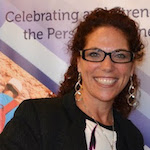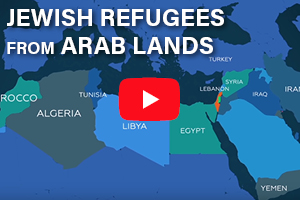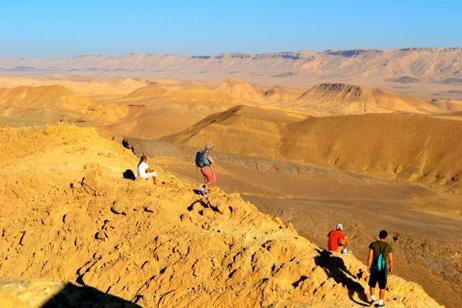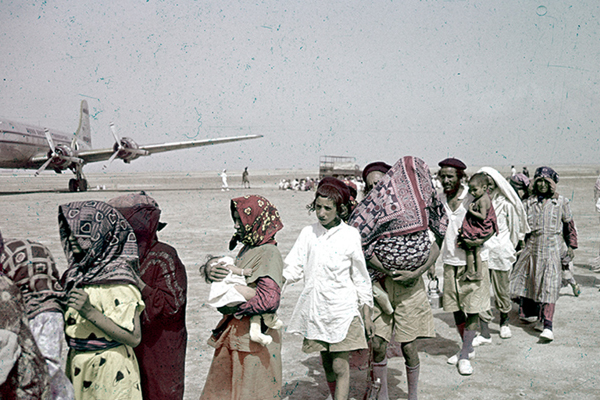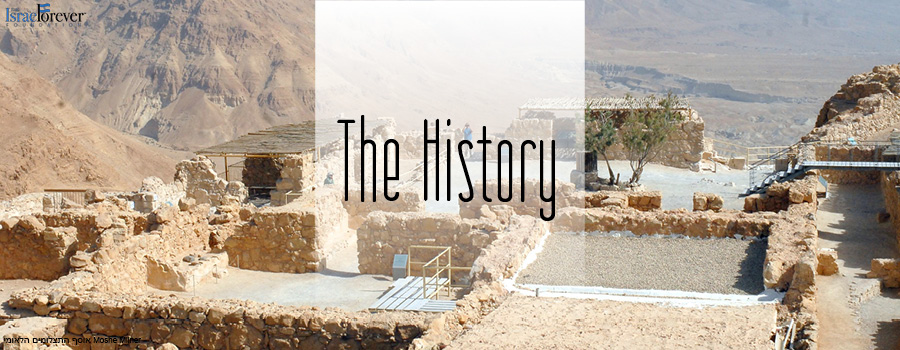Remembering the Farhud and the Iraq Mizrahi Jews
The Jewish people are comprised of many different traditions and histories, experiences and encounters. Often it is the painful tragedies that mark our memory, and serve to remind us from where we have come and all we have endured before reaching the vibrant, dynamic life that is Jewish existence today.
From Poland to Iraq, Persia to Iasc/Iasi, and all the cities everywhere Jews have lived in our dispersion among the nations of the world, we inherit the powerful and important obligation to carry the suffering of the generations before us. While our identity as the Jewish nation need not be defined by our suffering, we can uncover tremendous meaning by trying to better understanding and knowledge of the events we have survived.
The most traumatic event in the collective memory of Iraqi Jews took place in the spring of 1941 – the pogrom known as the Farhud. Arabic for “violent dispossession,” was a pro-Nazi massacre against Baghdad Jewry when the Al-Fatwa religious movement saw a window of opportunity to incite the masses and blame the Jews for the military failure against the British. They marked the houses of the Jews in red and the next day, mobs began rioting against the Jews.
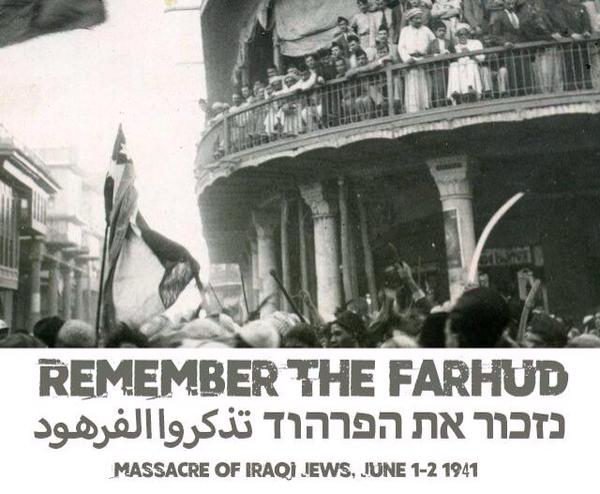
The common people of the streets of Iraq, after years of peaceful coexistence, on the eve of holiday of Shavuot, June 1-2, nearly 200 Jews were brutally murdered, thousands were wounded and raped, shops and synagogues were plundered and destroyed. The mob used all manner of weapons and also ran people over with vehicles. The elderly and infants were not spared.Some Jews were hidden by their Muslim neighbors, who put themselves at great risk, and their memories have helped to protect the facts of this deadly attack on the innocent Jews of the city. The Farhud triggered the mass emigration of Iraqi Jews. Within a decade, most of the Jews fled the country. The Farhud also led directly to the decision by the Zionist Movement to send emissaries of the Mossad L'Aliyah Bet, the clandestine underground immigration movement. Between 1950 and 1952, Israel's Operation Ezra and Nehemiah brought some 120,000 people – 90 percent of Iraq's Jews – to the young state.
While social media campaigns emerge each year, the history is shrouded in silence. While the Holocaust is an integral part of education and collective memory, our children do not learn about the Farhud, and too few know or understand the significance of this tragedy and what it has to teach us as a people looking to find sources of unity and understanding to survive this generation’s version of pogroms that appear as legitimized BDS Antisemitic campaigns.
How can this painful story be remembered more effectively? We can listen to their stories, we can learn from their memory, and we can ensure, as Elie Wiesel once said, that his past does not become our future.
Recommended Reading to learn more about the personal stories of the Farhud:
- Campus Farhud
- The Hottest Summer in Baghdad: 75th anniversary of the Farhud
- The End of Exile: Iraqi Jew Recalls Escape From Baghdad 70 Years Ago
- Farhud Massacre survivor Joseph Samuels speaks at latest installation of the Holocaust Lecture Series
- No, Israel isn’t a country of privileged and powerful white Europeans
- The Farhud as History and Memory in the Writings of Iraqi-Jewish Intellectuals
- Amb Roet: Commemorating the Farhud 1 Jun 2015
- Steve Acre: Surviving Farhud in 1941 Baghdad
- Iraqi-Jewish Survivor Ruth Pearl: Fear During Farhud
Having survived over 3000 years, in spite of every challenge and every twist of fate, it is our responsibility to carry on with the same perseverance of our ancestors - one that is grounded in our identity and our awareness of our past, our present and our future destiny.
FOOD FOR THOUGHT - START THE CONVERSATION:
- Have you ever heard of the Farhud? If so, who told you about it? If not, how does it make you feel to learn about this now?
- The Farhud is just another pogrom against Jews. Many believe that we should move on from these tragedies and not make any concerted effort to remember them other than by the families who directly experienced it. Do you think more people should know about it?
- For thousands of years, the Sephardi and Mizrahi communities were the core of Jewish life, learning and identity. Descendents in these communities held fast to their traditions and to the mitzvot in spite of every persecution and attempts to silence their faith and practice. Their coexistence in their countries was welcomed in spite of their lowered dhimmi status. What can we learn from their experiences that allows our memory of the Farhud to enhance our appreciation of their unique Jewish culture and survival?
- Iraqi Jews live now spread throughout the world. What are some traditions you know of that come from their unique flavor of Jewish life?
- In Jewish communities today, there is little distinction between the different communities of origin. Instead, we are lumped together in stereotypes and generalized terms of references such as Ashkenazi, Sefaradi, Mizrahi. Some, however, retain that specificity of geographic identification - Moroccan, Ethiopian, Russian, Persian. Polish or Litvak, Israeli or Jew…. How do these names and titles influence our understanding and acceptance of one another as a collective Jewish people? Should we continue to pass down the labels of identity based on these regions in which we once lived?
PRINT THIS PAGE
Recommended:
Delve in to the depths of Jewish and Israeli history.
Be informed, be inspired.
LEARN MORE
LEARN MORE
About the Author
